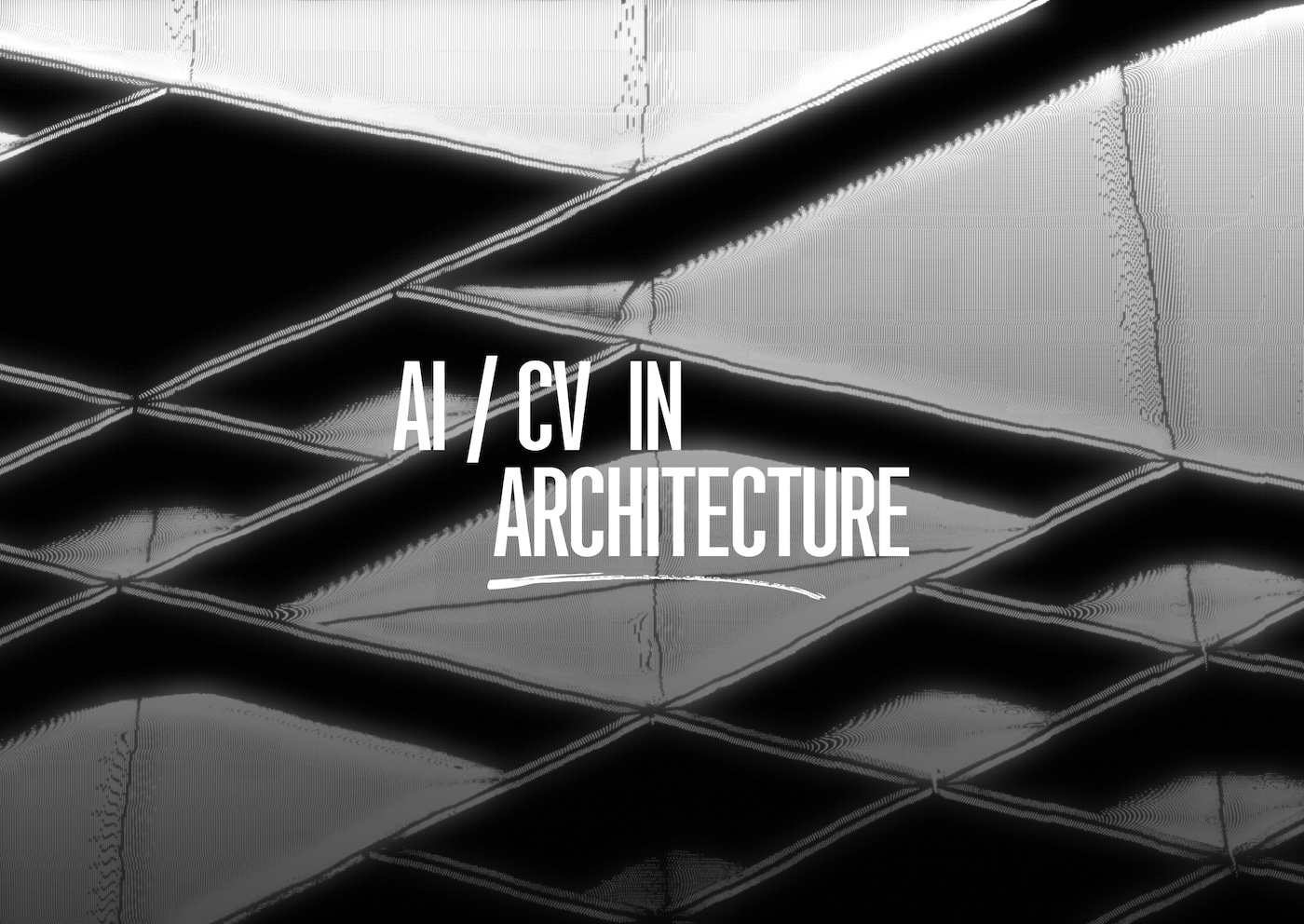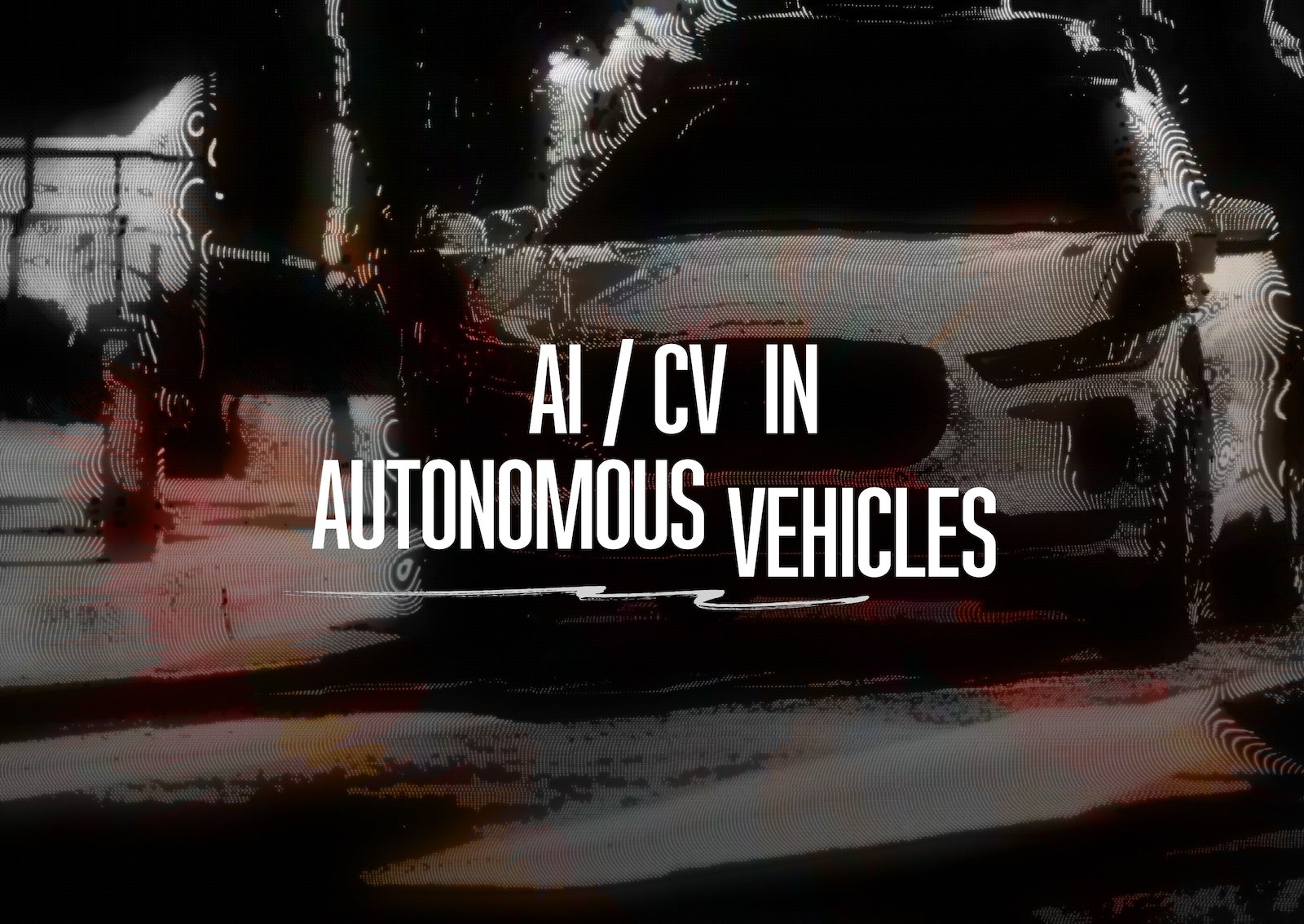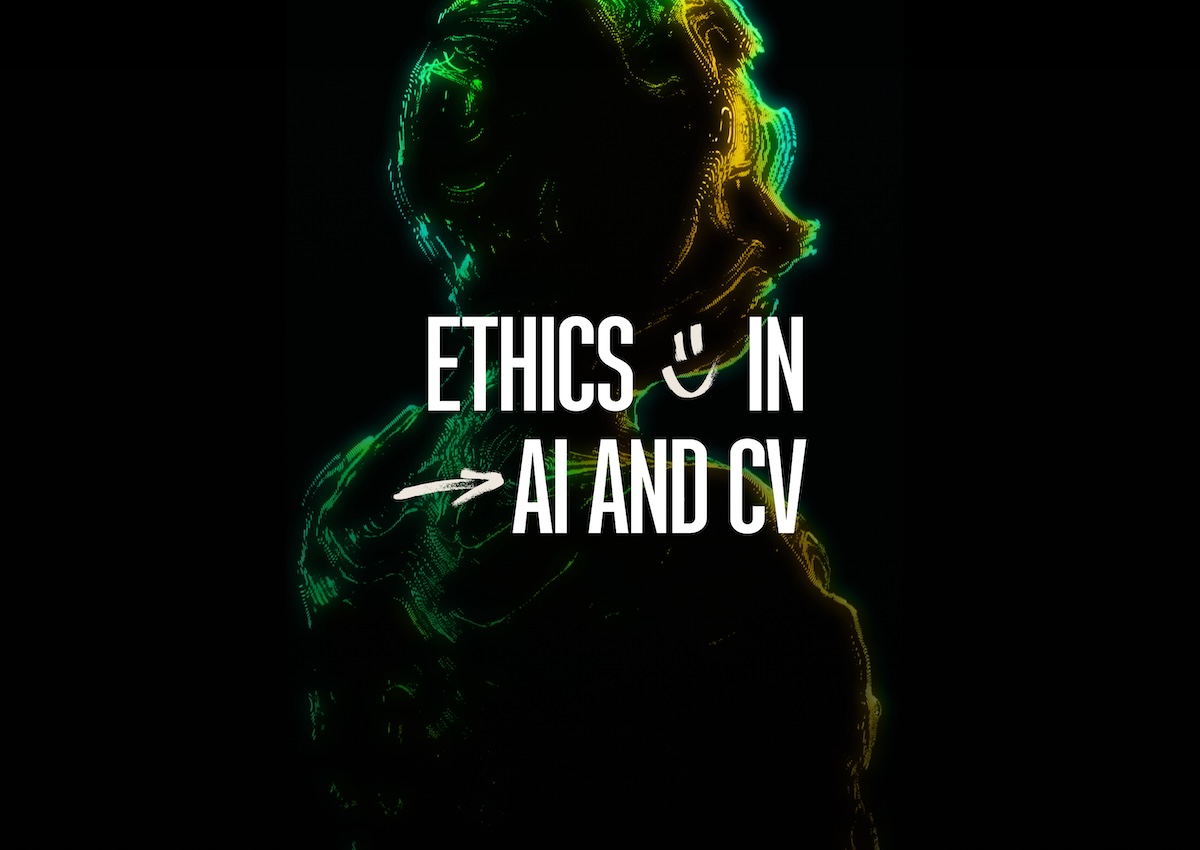
Bounding boxes are not enough anymore (for a majority of tasks)

AI in Architecture

AI in driverless cars


Utilizing advanced drone and satellite technology, we help to create computer vision systems that meticulously analyze farm resources, identifying potential issues and offering real-time solutions.

We can develop computer vision models that accurately identify weeds within crops, reducing manufacturing costs and decreasing the reliance on chemicals.

We’ve helped to develop a CV technology that can enable precise monitoring, allowing early detection of plant diseases. By identifying potential issues in the initial stages, we help to minimize crop loss and enhance agricultural productivity.

By leveraging the computer vision technology that we helped to implement, farmers can efficiently monitor the health and behavior of their livestock, enabling early detection of potential issues and proactive intervention.

We can develop computer vision solutions capable of assessing the ripeness of individual fruits, streamlining the harvesting process and ensuring higher quality outcomes.

Our team has an expertise in creating an algorithm that automatically assesses the size and quality of fruits and vegetables. It automates the process from the farm to the shop, ensuring that only the best products reach the customer.

Our team is experienced in ADAS systems creation: traffic light recognition, traffic sign detection and recognition, pedestrian and vehicle detection, lane departure warning. That systems were integrated in real cars to ensure safety on the roads.

To optimize neural nets for faster inference, we use per-channel pruning and fixed point quantization. With pruning, we typically are able to make an already small backbone 2x smaller in terms of computations.
We used it to finish in the top-5 in the DETRAC AVSS vehicle detection challenge while using an order of magnitude smaller model than the other participants in the top 5.

The solution for parking space detection involves using cameras to monitor a parking area and analyze the video feed in real-time. The system detects and identifies parking spaces, distinguishing between occupied and available spots.

The solution for real-time license plate detection can be used for traffic monitoring, toll collection, law enforcement, and automated parking systems, ensuring accurate and efficient vehicle identification.

The solution for road sign detection uses neural networks to automatically detect, classify, and interpret road signs from camera-captured images or videos in real-time. This technology enhances road safety by providing accurate and timely recognition of road signs.

Solution for tracking potholes in city roads leverages AI-powered image processing algorithms. It uses video or images from vehicle-mounted cameras to detect the potholes. The system is robust to different environmental conditions like weather and lighting.

Multi-camera calibration is a vital component of spatially aware computer vision applications, such as 3D human pose estimation and augmented reality. Our team boasts significant expertise in the multi-camera domain, offering a variety of ready-to-implement solutions, including those based on RGB-D setups.

Our team is highly experienced in camera calibration, including fisheye cameras, for which we have developed a custom calibration system capable of supporting view angles greater than 180 degrees. Additionally, we have expertise in camera auto-calibration solutions, showcasing our dedication to providing cutting-edge and versatile technologies in the field of computer vision.

Thermal cameras effectively protect personal information and privacy. However, they require unique processing methods compared to traditional optical images in computer vision. Our team has developed a solution that detects and tracks individuals using low-resolution thermal cameras. This robust system adeptly manages sensor noise, extracts valuable information, while enhancing the visibility and differentiation of people from other warm objects.

Face Re-ID, our collaborative project with GreenWaves Technologies, focused on neural network inference for an ultra-low-power RISC-V platform capable of operating for two years on the same battery power. We’ve developed a comprehensive pipeline, encompassing training, quantization, and inference for a Face Re-ID scenario. Our people detection and tracking solution for a thermal camera, features a 700KB model that runs at 5 FPS on an edge device. This battery-powered innovation offers up to 3.5 years of operation from a single charge, demonstrating our commitment to efficiency and sustainability in cutting-edge AI solutions.

We’ve developed a groundbreaking quantization algorithm for FPGA, enabling us to perform inference using just 5 bits. The compact model has a total size of only 600 Kb. For safety solutions, we trained YOLOX-S and quantized it into int8, achieving a speed of 10 FPS on the RV1126 chip with an input resolution of 480x832. The resulting mAP is an impressive 80.6%. For the GAP8 platform by GreenWaves Technologies, we trained a people detection model and quantized it into int8. The full size of the model is a mere 700 Kb, with an outstanding resulting mAP of 96%.

Our cutting-edge deep learning algorithms are designed to run seamlessly on ARM, FPGA, or RISC-V chips. By creating remarkably compact DL models, we’ve successfully integrated AI into these platforms. For instance, our highly optimized people detection solution for FPGA is a mere 600 Kb in size, showcasing our commitment to efficiency and performance.

FPGA boards are a challenging environment for Deep Learning models. To fit the requirements, we came up with a highly optimized detection model with only 600 Kb of weights. Apart from bounding box prediction, it also computes a precise view-agnostic projection to the 2D floor map — that can be used to analyze space utilization.

Only certified operators are allowed to use the AWP (aerial work platform).
In case a badge/NFC-based system exists to verify access, an additional computer vision system may be employed to prevent the unauthorized use of badges. Face recognition devices can be placed at the platform entrance, at face level, comparing the person with the information from the badge. Importantly, such algorithms can be done optimally to fit an efficient battery-powered device.

In a production site, materials, equipment, and vehicles should be located in designated areas. Otherwise, accidents can happen — and CV can check that everything is in order. AI solutions detect and track the objects of interest, people on the site, and detect the situations when someone or something enters an area where they shouldn’t be.

One of the most common causes of employee deaths and injuries is the neglect of use of the protective equipment. For example, employees in the workshop must put their helmets on, and high-rise specialists must wear safety belts. Cameras can be used to make sure employees are using safety equipment — and even stop machinery or lifting platforms if the AI doesn't detect them on a person.

OpenCV.ai develops technologies that are actively used to monitor the safety of construction, manufacturing, and industrial sites.
No operator is required — AI analyzes the image, looking for suspicious activity and patterns. CV systems recognize patterns of malicious behavior or perform simple activity recognition to ensure the safety of workers and valuable goods.

With the help of computer vision technologies, we can prevent collisions between the moving platform and tree branches, electric cables, or other structures. Multiple cameras rigidly attached to the lift’s perimeter provide a 360° view, detect even small obstacles, and alert the operator or stop the platform in advance.

Proper installation and setup of mobile platforms are critical and must account for ground conditions. Uneven or unstable ground (e.g. gravel) can potentially lead to the collapse of the platform. Self-leveling outriggers solve the problem mechanically in some cases. In other scenarios, a vision-based system installed on the platform can assess the ground conditions during setup and provide alerts or guidance if needed.

Object Detection and Tracking Algorithms track and identify warehouse items, enabling real-time inventory monitoring and faster item location, improving organization and efficiency.
Barcode and QR Code Reading: Computer vision automates scanning, ensuring accurate, contactless code reading even when damaged, speeding up processing. Dimensioning: Computer vision offers precise package measurements, optimizing space and packaging. Cycle Counting: Automated inventory checks provide continuous, accurate stock counts, reducing labor and minimizing disruptions.

A set of cameras can continuously monitor the surroundings of the lift, especially various moving joints. This will increase the safety of the operator and the people around, preventing limbs from getting caught in the machine. If the system detects a potential hazard, all movement will halt automatically.
Similarly, the machine can be stopped if the moving parts
endanger a person standing nearby.

We applied our expertise in 3D understanding to create medical tools that help radiologists diagnose diseases. Advanced algorithms recognize tumors in liver, kidney and lungs. We have won one of the challenges in LNDb — a big public benchmark on computer tomography segmentation. The paper was published at the ICIAR2020 conference in June.

Cutting-edge Computer Vision technology developed for a client can detect skin imperfections such as wrinkles and acne with unparalleled accuracy. We accomplish this by leveraging the latest semantic and instance segmentation algorithms and optimizing them for lightning-fast performance on mobile devices. This solution preserves user’s privacy by eliminating the need to send data to the server.

We used precise spatial tracking and signal amplification techniques for blood flow analysis. This real-time solution used off-the-shelf color camera and edge hardware. To do that, we used precise spatial tracking and signal amplification techniques.

Automation has revolutionized modern medicine, providing precision and speed in minimally invasive surgeries and operating rooms.

Using advanced AI techniques, we helped to create a solution for a client for real-time measurement of human vital signs, including pulse and breathing. The solution uses standard smartphones cameras. We accurately detect facial features with deep neural networks and tracks them using optical flow techniques. We employ learned region detection and additional deep networks to find high confidence regions. This information is then used to amplify the stabilized pulse signal, providing a remarkably accurate vital sign measurements in real time.

Planogram compliance is a critical aspect of retail management that ensures the effective execution of visual merchandising strategies.
By adhering to planogram guidelines, retailers can enhance the shopping experience, optimize inventory, increase sales, and maintain consistency across store locations.

Such an innovative solution enhances shopping efficiency by eliminating the need for cashiers, ensuring a seamless checkout experience with no queues. An AI algorithm detects and recognizes items at the checkout, streamlining the process. Integrated with Deepstream 4.6+ SDK, we natively utilize four RealSense cameras on Jetson AGX, accelerating our pipeline by 1.6 times, ultimately revolutionizing the retail experience.

We’ve participated in creating CV systems that can identify damaged vegetables and fruits during growing and warehouse processes, preventing defective items from being shipped and reducing returns.

We help to create and integrate solutions that detect and count the audience of the advertisement board, as well as analyze the emotions, age and gender.
All the computations are done on the board, and only anonymized information is sent to the server.

Virtual fitting uses computer vision to accurately identify and track the user’s face and body, allowing them to try on clothing, cosmetics, or eyewear in real-time. This immersive experience allows shoppers to make more informed purchasing decisions by visualizing how a product will look and fit them.
This not only increases convenience for shoppers but also reduces the uncertainty and risk associated with online shopping, ultimately leading to higher customer satisfaction and more confident purchasing choices in industries where aesthetics and fit are paramount.

Find similar looks in the shop.
People often want to know where to buy the clothes they saw someone else was wearing. Our solution allows to do just that — it looks at the photo of someone and finds the most similarly looking clothes and shoes in the database.

We can develop algorithms for fashion e-commerce that automate the processes and increase sales. When the item is viewed, our system will suggest visually similar items to pay attention to.

The system detects and tracks people in a video stream, providing state-of-the-art detection quality using a model that is 50 times smaller and requires 370 times fewer computations than competing models.

Smart traffic lights, powered by computer vision and AI, optimize traffic flow on urban roads by reducing congestion and enhancing safety. Equipped with cameras and sensors, they gather real-time data on traffic conditions, vehicle movements, and pedestrian speeds. AI processes this information to adjust light timings dynamically, minimizing wait times and preventing bottlenecks.

Such control systems analyze real-time footage to detect the presence of pedestrians, vehicles, and ambient light levels. This enables lights to adjust automatically based on activity, ensuring energy efficiency by dimming or turning off when areas are unoccupied. The technology improves public safety, reduces energy consumption, and lowers maintenance costs by optimizing light usage in real-time.

Smart waste management systems leverage AI and computer vision to optimize collection routes, monitor bin levels, and reduce operational costs. Sensors placed in bins collect data on waste generation patterns, allowing the system to predict when bins will be full and adjust collection schedules in real-time, improving efficiency and sustainability.

The solution for fire tracking utilizes real-time video feeds or images from cameras to detect and monitor the presence and spread of fires. The system employs advanced algorithms to identify fire-specific visual cues like flames, smoke, and heat signatures. Once detected, the system tracks the fire's movement, size, and intensity, providing crucial data for emergency response.

The pose-tracking algorithms we create are capable of analyzing human body poses and are used for various applications, ranging from automatic workout analysis to AR gesture recognition.

Our solution is used for automatic sports broadcasts. The algorithms detect the players and the ball, automatically moving the camera to capture every movement and broadcast it in a fully automated manner. The system operates in real-time and is utilized worldwide.

Our product, FitWise, uses AI on the camera feed to track the players and build 3D digital twins for their movements. Provide users with immersive 3D body visualizations. It allows to see the game from any side, analyze the team position, and track individual performance.

Create detailed 3D body models and precise body measurements effortlessly with 12 body parameters: from waist to shoulder size. Body reconstruction takes 25 milliseconds on a consumer-grade NVIDIA GPU or iPhone 12 and newer.

Real-time background subtraction. The model runs on all platforms — Windows, MacOS, Linux, iOS, Android, and even a browser. It is only 9 MB in size!

Our team has expertise in enabling the efficient removal of duplicate images from large datasets, resulting in a significant reduction in dataset size, faster model training, and lower storage requirements. By applying this tool to LAION-2B, we were able to decrease the dataset size by a factor of 10, including the removal of garbage images, leading to better quality and faster processing.

Synthetic dataset generation offers the ideal solution for anyone seeking an annotated dataset with minimal effort. Our cutting-edge algorithms are trained to replicate real images in the generated data, making them exceptionally reliable and significantly more efficient than manual data entry. Furthermore, you’ll obtain large volumes of annotated data, streamlining the process and enhancing your project’s overall performance.

Face-blurring technology enhances privacy by anonymizing individuals in photos and videos, making it essential for protecting identities in sensitive situations. It is particularly useful in industries where safeguarding personal information is crucial. Additionally, it helps organizations comply with data protection regulations, such as GDPR, when handling visual data.

We have extensive expertise in developing hand gesture recognition algorithms for Augmented Reality kits.
Innovative solution interprets hand gestures and converts them into commands, facilitating seamless communication with the device. This user-friendly approach enhances the overall AR experience, making interactions more intuitive and immersive.

Advanced 3D algorithms emulate human perception, comprehending depth of view and distance to objects. This award-winning solution for indoor scene understanding we were involved with achieved first place in the largest public benchmark for furniture segmentation in 2019. This accomplishment highlights our expertise in developing AI solutions that effectively interpret and interact with the world around them.



